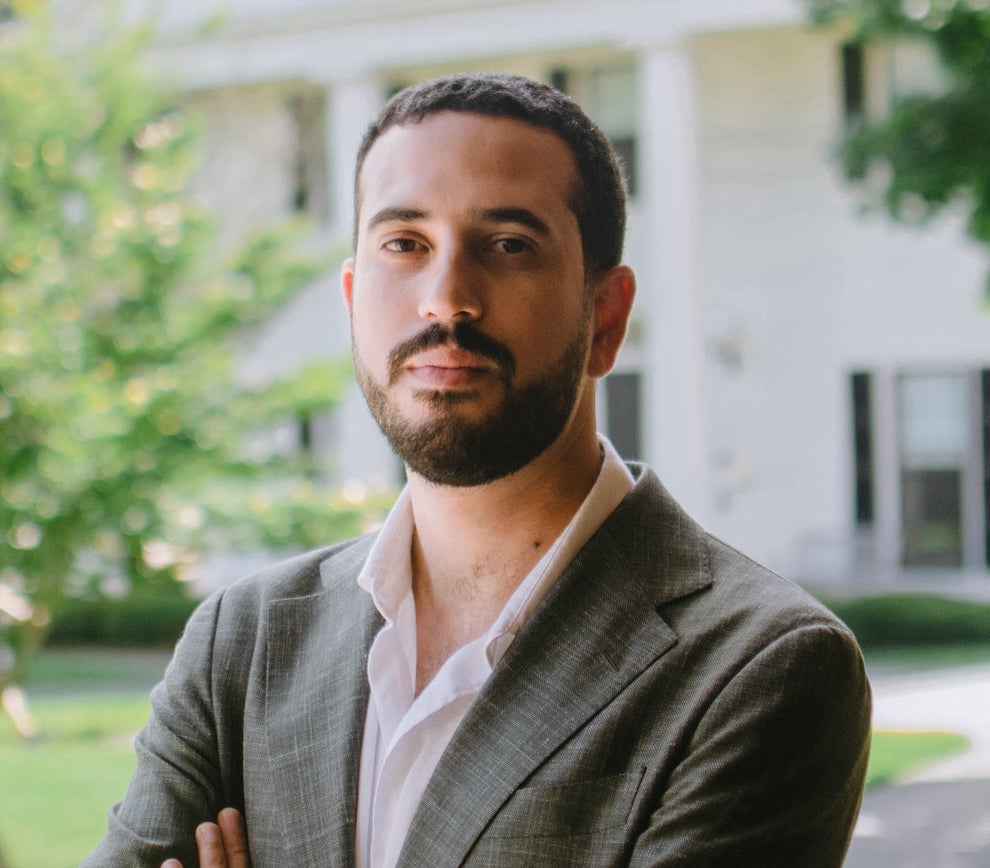
Rabea Eghbariah
S.J.D. Candidate
reghbariah at sjd.law.harvard.edu
Dissertation
Justice Fragmented: Law and the Fragmentation of Palestine
The Israeli legal regime stratifies Palestinians into distinctive legal tiers with different rights and privileges at play. Across Israel’s 1948 territories, the West Bank, Gaza, Jerusalem, and refugee camps, Palestinians occupy distinctive coordinates in a matrix of law. Jewish-Israelis maintain a singular and superior status regardless of territorial divisions. Fragmentation emerges as an order of domination while simultaneously becoming a defining feature of Palestinian identity.
In my dissertation, I undertake an examination of both domestic and international legal systems to delve into the structure of legal fragmentation within the context of Palestine. The dissertation also traces the historical evolution of legal fragmentation and contemplates its implications for Palestinian nationalism. By focusing on fragmentation as a central theme, the project offers a fresh perspective that places the legal structure of domination at its core, finetuning binary frameworks often used to analyze the Palestinian experience.
Fields of Research and Supervisors
- Constitutional Law and Settler States with Professor Noah Feldman, Harvard Law School, Principal Faculty Supervisor
- Social and Legal Thought with Professor Duncan Kennedy, Harvard Law School
- The Modern History of Palestine with Professor Rashid Khalidi, Columbia University
Additional Research Interests
- Public Law (Criminal, Constitutional, and International)
- Law and Technology
- Environmental Law
- Law & Colonialism
Education
- Harvard Law School, S.J.D. Candidate 2020 – Present
- Harvard Law School, LL.M. 2019 – 2020 (requirements fulfilled, degree waived)
- Tel Aviv University, LL.B. 2012 – 2015
- University of Haifa, B.Sc. 2008 – 2012
Academic Appointments and Fellowships
- Foundation for Middle East Peace, Non-Resident Fellow (2023)
- Harvard Divinity School, Teaching Fellow (Spring, 2023)
- Harvard Divinity School, Topol Fellow (2022-2023)
- Harvard Law School, Chayes International Public Service Fellow (Summer 2022)
- Harvard Law School, Graduate Program Fellow, Writing Workshop Advisor (2023-2024)
- Harvard Law School, Graduate Program Fellow, Writing Workshop Advisor (2022-2023)
- Harvard Law School, Graduate Program Fellow, Advisor-at-Large (2021-2022)
- Harvard University, Faculty of Arts and Science, Teaching Fellow (Spring, 2021)
- Harvard Law School, Gammon Fellowship (2019-2020)
Representative Publications
- Rabea Eghbariah, “Toward Nakba as a Legal Concept,” 124 Columbia Law Review 887 (2024).
- Rabea Eghbariah, “The Ongoing Nakba: Toward a Legal Framework for Palestine,” 48 The Harbinger 94 (2023) (published originally by The Nation following HLR revocation; republished by NYU Review of Law and Social Change’s The Harbinger).
- Rabea Eghbariah and Noura Erekat, “The Jurisprudence of Death: Palestinian Corpses & the Israeli Legal Process,” Jadaliyya (Feb 8, 2023).
- Rabea Eghbariah, “Israeli Law and the Rule of Colonial Difference,” 51 J. Pal. Stud. 1 (2022).
- Rabea Eghbariah, “Jewishness as Property under Israeli Law,” Law & Political Economy Project (Sept. 7, 2021).
- Rabea Eghbariah and Amre Metwally, “Informal Governance: Internet Referral Units and the Rise of State Interpretation of Terms of Service,” 23 Yale J. L. & Tech. 542 (2021).
- Rabea Eghbariah and Ayelet Oz ,“Paying with their Freedom: A Call for Abolishing Imprisonment for Fine Default in Israel,” TAU. L. Rev. (2019) (Hebrew).
- Rabea Eghbariah, “Arab-Palestinian Students in Israeli Law Schools: A Critical Reading of Legal Education in Israel,” 9 TAU. J.L. & Soc. Change 217 (2018) (Hebrew).
- Rabea Eghbariah, “The Struggle for Akoub & Za’atar: On Edible Plants in Palestinian Cuisine and Israeli Plant Protection Laws,” in Studies in Food Law 497 (Yofi Tirosh & Aeyal Gross eds., 2017) (Hebrew).
Additional Information
In November 2023, the Harvard Law Review solicited, edited, fact-checked, and then declined to publish my piece titled The Ongoing Nakba: Toward a Legal Framework for Palestine. The Ongoing Nakba piece was ultimately published by The Nation.
On June 3, 2024, the Columbia Law Review published my full article, Toward Nakba as a Legal Concept, after which the Columbia Law Review website was taken down by the CLR Board of Directors. For more information, watch the Democracy Now! interview: “Toward Nakba as a Legal Concept: Meet the Palestinian Lawyer Censored by Columbia and Harvard.”
Select Supreme Court Litigation
- The ban on Palestinian family unification case. Reference: HCJ 1777/22 Adalah v. Minister of Interior) (livestreamed December 1, 2022) (case pending).
- The legality of the Israeli cyber unit case. Reference: HCJ 7846/19 Adalah v. Cyber Unit (2021).
- The exclusion of Palestinian prisoners from the administrative release system. Reference: HCJ 1406/19 Doe v. The Knesset (2022); HCJ 6540/23 Doe v. The Knesset (case pending).
- Homicide exoneration case (exonerated). Exoneration Case 4035/19 Doe v. State of Israel (2020).
Film
- Co-scriptwriter of Foragers by Jumana Manna (2022).
Prizes
- Irving Oberman Memorial Prize in Legal History, Harvard Law School (2020).
- Dean’s Scholar Prize, Social Media and the Law Course, Harvard Law School (Fall 2020).
- Michel Halpérin Prize, The Émile Zola Chair for Human Rights (2018).
Languages: English, Arabic, Hebrew
Last Updated: June 6, 2024